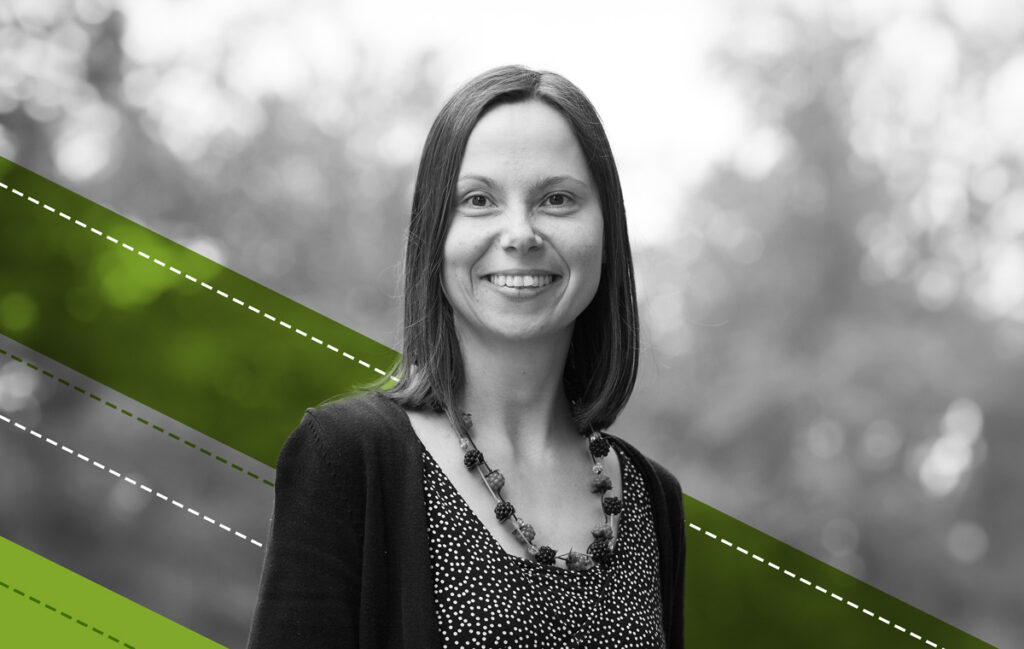“Scientific editing is the best job one can imagine, if you thrive on knowledge,” says Ieva Gailite who joined The EMBO Journal in 2016. Gailite originally hails from Latvia and did her undergraduate studies in biology at the University of Latvia. The creativity and out-of-the-box thinking she encountered at that time inspired her to move to Germany to gain knowledge in molecular biology during master’s and doctoral studies in Göttingen.
Now a scientific editor for almost a decade, Ieva Gailite remembers that she found herself interested in scientific editing already during her PhD. She loved attending as many and various lectures as possible during the conferences she had the opportunity to attend and was already driven by the possibility of reading papers from all the labs around the world to follow all the new, emerging and uncanny discoveries.
At one of the conferences, Ieva had the opportunity to meet with Karin Dumstrei, back then a scientific editor at The EMBO Journal and current head of the EMBO Fellowships Programme and. “I asked Karin what I should be looking into to start working as an editor. Karin’s advice was to do good science. And I still think it is true to this day.”
Inspired by this advice and feeling the tug of scientific curiosity, Gailite moved on to a postdoctoral contract at the now Francis Crick Institute to work with Nicolas Tapon on the regulation of tissue growth via the Hippo pathway. “I feel very privileged to have had a chance to work in this top level institute and to contribute to the discoveries in this field of research. At the same time, I felt that I loved too many things in science to see myself focus on a specific field or topic. As my postdoctoral time was coming to an end, I noticed that there was a vacant position at The EMBO Journal within the EMBO Press team, looking for somebody with a similar scientific expertise. I knew that various publication policies that I found very important, such as open peer review process, originated at EMBO Press. I applied and got the job.”
Although she enjoys seeing new trends and methods appear, Gailite also recognizes that the feedback from scientific editor can be perceived as too distant. An interesting idea that she sometimes plays with is to allow scientific editors to go on a sabbatical and allow them to go back to the workbench. “I am not quite sure how it would work out, or even if it would be a good fit for all scientific editors”, confides Gailite, “but I think that we do need to remember how much a heavy work science is. We deal on a day-to-day basis with the outcome of years of labour.”



